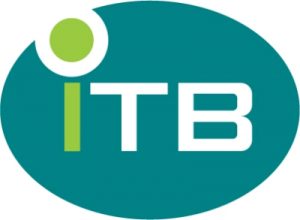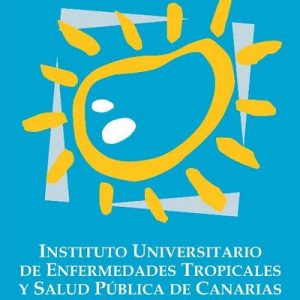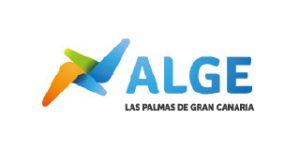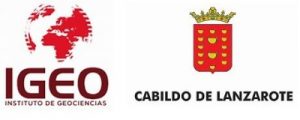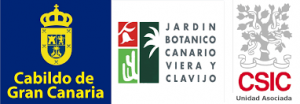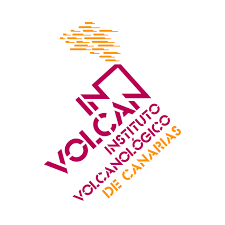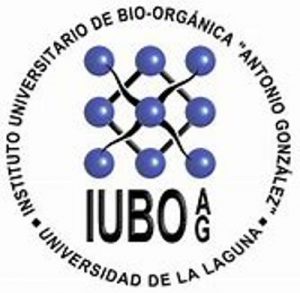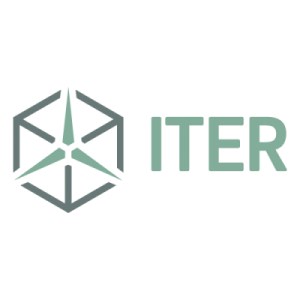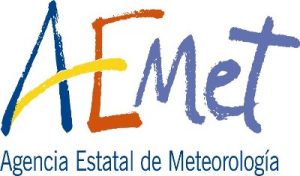Actors
The Research Unit of the University Hospital Ntra Sra de Candelaria carries out its research activity focusing on the areas that include the most prevalent diseases of the population. On the one hand, we contemplate molecular and cellular technologies and tools necessary to generate new knowledge and its transfer to clinical practice in the area of health, diagnosis and follow-up of diseases, monitoring of the therapeutic response, disease prevention and development of new medicines. On the other hand, we include translational research, which focuses on the knowledge of the mechanisms involved in diseases and their transfer to clinical applications.
The Canarian University Hospital Complex (HUC) is a public hospital center under the Ministry of Health of the Government of Canary Islands, located in Tenerife. The HUC has an old and close relationship with the Faculty of Medicine of the University of La Laguna and a great tradition in the training professionals. The teaching and research capacity, in accordance with a high level of specialization, guarantees its as a reference center of the Autonomous Community of an innovative nature that make it a pioneer when incorporating the latest technological advances.
The Institute of Biomedical Technologies (ITB) aims to enhance biomedical research of excellence, with translational guidance in relation to the biosanitary needs of the environment, establishing synergies with the productive sector and developing renewable strategic plans.
The University Institute of Tropical Diseases and Public Health of the Canary Islands it is a multidisciplinary institution, dependent on the University of La Laguna, composed of professors, researchers and professionals related to the field of Public Health and Biotechnology, and whose main function is research , development and innovation in these fields. By decree 59/2013, of May 16, the Canary Islands Gold Medal was granted to the University Institute of Tropical Diseases and Public Health of the Canary Islands.
The ITC Department of Biomedical Engineering develops innovative devices, implants and specific instruments, with applications in orthopedic, cardiovascular and traumatology surgery, with a focus on minimally invasive surgery and development of new generation of resorbable biopolymer manufacturing processes with applications in tissue engineering.
The Local Energy Management Agency of Las Palmas de Gran Canaria (ALGE-LPGC) it is an autonomous body guided by Municipality of Las Palmas de Gran Canaria that began its journey in 2007, although its implementation and activity did not begin to become effective until 2008. It was established within the framework of the CIP-IEE Intelligent Energy Europe programme of the European Commission. The overall objective of ALGE is to promote energy savings and efficiency and the implementation of renewable energies, promoting the development of a more sustainable energy model from the local level.
With the aim of stimulate Energy Saving and Efficiency actions in the island of Tenerife, the Cabildo Insular of Tenerife encouraged the creation of the Agencia Insular de Energía de Tenerife. The proposal was submitted to the “Intelligent Energy-Europe” program, VI EU Framework Program, together with the islands of Samsø (Denmark) and Iceland. The Agencia Insular de Tenerife was constituted as Foundation on the 26th of July of 2005. Several actors representing different sectors implied in the Agency activities and beneficiaries of these actions actively participate as members of the Insular Agency. Our Main Target: to develop scientific and technical…
Cluster in Sustainable Construction (CCS) was created in 2009 as a professional and entrepreneurial organization of canarian field and independent character, and since then aims to contribute to the creation of a sustainable economic model for the sector of Construction. CCS is formed of business and professional actors that encompass the construction value chain (architecture, energy, water, materials, engineering, home automation, I+D, planning) all committed to sustainability and each specialized to develop this commitment in their field of knowledge.
The Laboratory of Geosciences of Lanzarote (LGL) was created in 1986 and has three permanent observation modules located in Cueva de los Verdes, Jameos del Agua and Timanfaya National Park. Its facilities carry out multidisciplinary research activities in Geosciences, including observations related to geodynamic activity (gravity, seismicity, geodesy, etc.), the ocean-earth-atmosphere system, monitoring in underground systems or studies of terrestrial analogues, among others.
The Botanical Garden “Viera y Clavijo” it is dedicated to the conservation and management of the terrestrial Flora Canaria through three main areas of action: research, environmental education (including outreach) and the maintenance and exhibition of living collections of terrestrial plants, especially endemisms of the Canary Islands and Macaronesia, but also of areas to the planet that maintaining floristic connections with the Canary Islands.
The Volcanological Institute of the Canary Islands (INVOLCAN) aims to contribute to the improvement of volcanic risk management in Spain (being Canary Islands the only volcanically active region of the national territory with volcanic risk), and the optimization of management of the many benefits that come with living in a volcanic territory (geothermal resources, geotourism, etc.). Its mission and vision aim to contribute to the sustainable development of the Canary Islands as well as other volcanic regions.
The Antonio González University Institute of Bio-Organic (IUBO-AG) it is a multidisciplinary center focused on the research of Natural Bioactive Products. The Institute was founded in the 1960s with the objective to study secondary metabolites produced by marine and terrestrial organisms, to provide a new source of unique compounds. Currently, the Objectives of the Institute are isolation, biosynthesis, cultures of microorganisms, biotechnology and the total synthesis of pharmacologically active substances from natural sources. In addition, biological assessment, isolation and production of toxins, NMR studies of biological processes, insecticides and natural repellents, etc. are areas of investigation to current interest.
The Instituto Tecnológico y de Energías Renovables SA, ITER, was created by the Cabildo Insular de Tenerife to cover the need to start a new research field in the islands with which to help reduce the external dependence on energy supply and allow further development clean and sustainable in them. To achieve this goal, its objectives are to promote research and technological development related to the use of renewable energies, as well as other facets of interest for regional socio-economic development: underground water resources, volcanic seismic surveillance and prediction, environmental control, and the development of information and communication technologies
Territorial Center of the State Meteorological Agency, whose objective is the development, implementation, and provision of meteorological services under the jurisdiction of the State and support for the exercise of other public policies and private activities, contributing to the safety of persons and property, and to the well-being and sustainable development of Spanish society. Performs studies and research in the fields of atmospheric sciences and development of techniques and applications necessary for the improvement of its services.
Territorial Center of the State Meteorological Agency, whose objective is the development, implementation, and provision of meteorological services under the jurisdiction of the State and support for the exercise of other public policies and private activities, contributing to the safety of persons and property, and to the well-being and sustainable development of Spanish society. Performs studies and research in the fields of atmospheric sciences and development of techniques and applications necessary for the improvement of its services.



